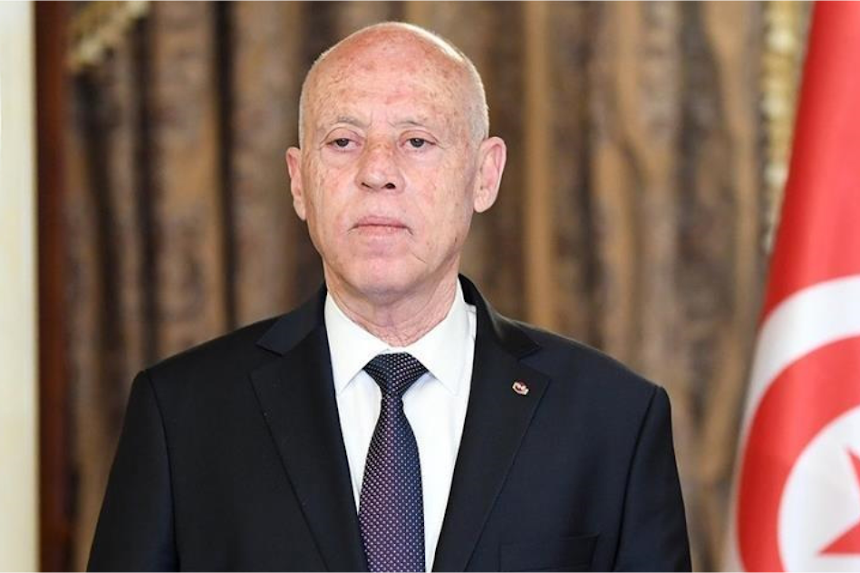This aid was intended to support Tunisia's efforts in addressing irregular migration and stabilizing its budget. President Kais Saied expressed the country's rejection of the EU's offer during a meeting with Foreign Minister Nabil Ammar.
In a statement from the president's office, President Saied clarified Tunisia's position on the matter. He emphasized that the rejection was not due to the size of the financial aid package, as Tunisia places great value on its sovereignty.
Instead, the decision was driven by concerns about the proposal's consistency with a Memorandum of Understanding (MoU) previously signed in Tunisia and the spirit of cooperation that characterized the Rome Conference in July 2022, an initiative led by Tunisia and Italy.
The EU Commission had announced its intention to provide Tunisia with approximately 127 million euros (approximately 134 million dollars) to support the country in reducing migration flows and revitalizing its struggling economy.
Tunisia's rejection of this financial aid reflects the nation's commitment to maintaining its sovereignty and upholding previously established agreements and principles. It also underscores the importance of respectful and mutually beneficial partnerships in addressing migration and economic challenges.
This decision has garnered attention in the international community and could have implications for Tunisia's relations with the European Union in the context of migration and economic cooperation.
(dpa/NAN)



